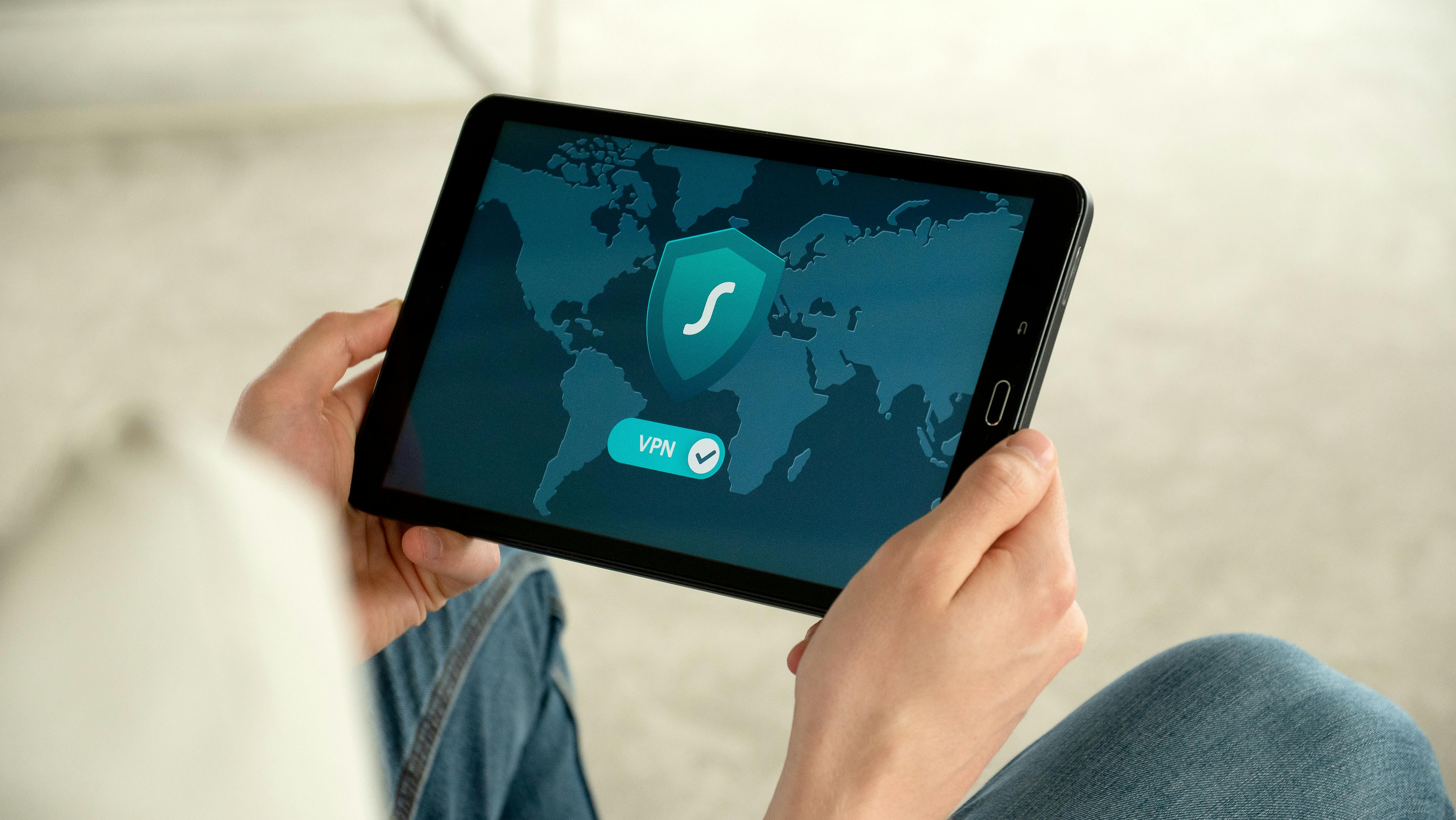You know that weirdly specific ad that seems to follow you around the internet? One minute you’re looking at a new pair of boots, the next, those exact boots are staring back at you from the sidebar of a news site. That’s not a coincidence. That’s your digital footprint in action, and it’s getting more detailed by the minute.
It’s easy to just throw your hands up and accept it, but taking back a little control over your own privacy is more doable than you’d think. You don’t need to be a tech wizard; you just need to know about a few tools that can do the heavy lifting for you. It’s less about becoming invisible and more about building a better fence around your digital yard.
 https://images.pexels.com/photos/3949101/pexels-photo-3949101.jpeg
https://images.pexels.com/photos/3949101/pexels-photo-3949101.jpeg
Your Browser Is Ground Zero
Everything starts with your browser. It’s your window to the web, so it’s the first place to make some changes. While Google Chrome is undeniably popular, it’s also a key part of a massive data machine. You can dig into the settings and crank up the privacy controls, which helps, but it’s still a compromise.
A better move might be to switch to a browser that was built for privacy from the ground up. Firefox, with its robust Enhanced Tracking Protection, blocks a ton of trackers right out of the box. Then you have Brave, which goes a step further with a built-in "Shields" feature that blocks ads and trackers automatically. The change in how the web feels is immediate.
Give Your Browser Some Superpowers
These tiny add-ons can make a huge difference to your internet browser. If you only install two, make them these:
- uBlock Origin: Don't just call it an ad blocker, that’s selling it short. This is a full-spectrum content blocker. It stops ads, sure, but it also kills the invisible trackers hiding behind them. The happy side effect? Websites often load faster, and your online habits become much harder for data brokers to piece together.
- HTTPS Everywhere: This one is non-negotiable, especially if you ever use public Wi-Fi. It forces your browser to connect to websites using an encrypted, secure connection whenever one is available. Think of it as the difference between having a conversation in a private room versus shouting it across a crowded coffee shop.
A VPN
So, your browser is the front door and extensions are new locks on the windows. What’s next? Building a private tunnel that leads away from your house entirely. That, in a nutshell, is a Virtual Private Network (VPN). A VPN encrypts your entire internet connection and masks your IP address. This stops your own internet provider from seeing what you do online and makes it incredibly difficult for websites to track your location.
The VPN market is a jungle. You’re left trying to figure out what matters: server speed, privacy logs, or extra features. This NordVPN vs Surfshark breakdown from the VPN experts at VPNpro, for example, is very useful. It helps you see past the hype and compare what two of the biggest names actually offer.
Total Internet Privacy
There’s no single magic button for total internet privacy. It’s all about layering your defenses. A privacy-focused browser, a couple of smart extensions, and a solid VPN, together, they create a pretty solid wall between your personal data and those who want it.


































